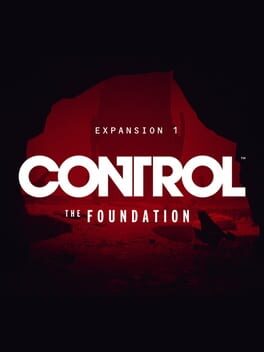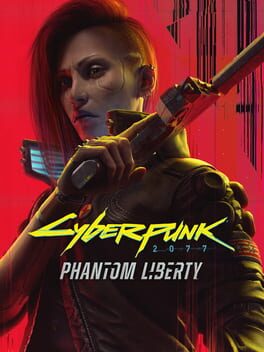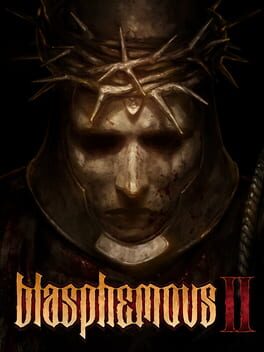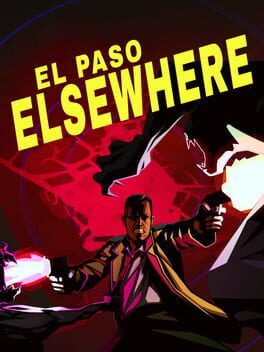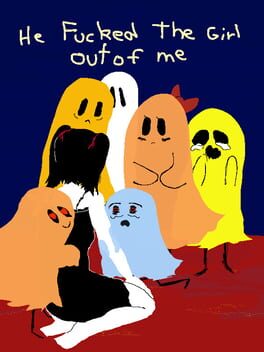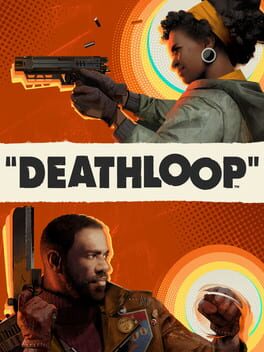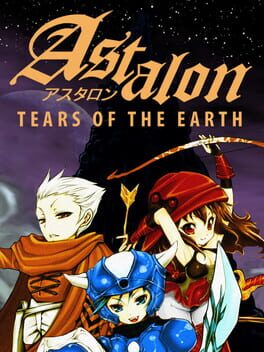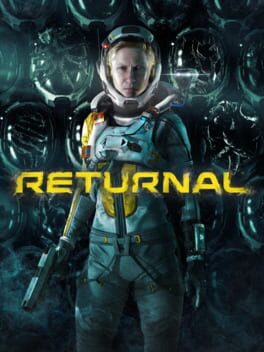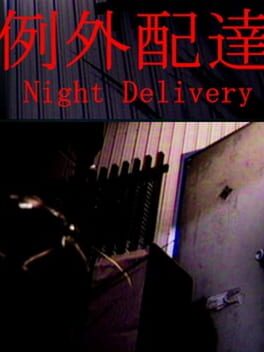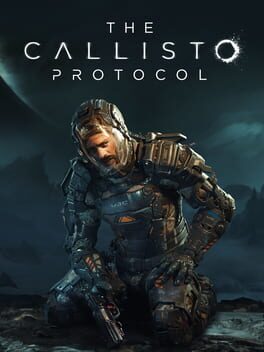mjoshua
2023
Super thankful for Alan Wake 2, even if I didn’t enjoy it as much as I wanted to. Playing as Saga Anderson l was a real treat grounded in her own curiosity, but I didn’t enjoy feeling trapped in Alan Wake’s self-obsessed nightmare. That’s funny because most of my favorite games, comics, and shows center on scary dream-fiction with timeloops. But the half of Alan Wake 2 where you play as Alan Wake just wasn’t outward-looking enough for it to be fun to navigate. Nevertheless, I still want an Oh Deer Diner thermos bottle. So I guess I still liked it enough.
It’s bad review formatting but I’ll leave this with a huge gripe of mine I about the exploration rewards: cult stashes required you to discover them, solve an environmental puzzle, and then return to them to unlock. But the rewards were always basic resources like trauma kit and batteries. But the no-work discovery of lunchboxes were where Saga earned her gun upgrades. Remedy should have rewarded player’s effort with more meaningful upgrades and left the lunchboxes for less remarkable rewards.
I lied, I’ll end this on a positive: The clutch redemptive quality of Alan’s half of the game was his Old Gods of Asgard showpiece sequence.
It’s bad review formatting but I’ll leave this with a huge gripe of mine I about the exploration rewards: cult stashes required you to discover them, solve an environmental puzzle, and then return to them to unlock. But the rewards were always basic resources like trauma kit and batteries. But the no-work discovery of lunchboxes were where Saga earned her gun upgrades. Remedy should have rewarded player’s effort with more meaningful upgrades and left the lunchboxes for less remarkable rewards.
I lied, I’ll end this on a positive: The clutch redemptive quality of Alan’s half of the game was his Old Gods of Asgard showpiece sequence.
2023
2019
For this second play-through, I bee-lined through the campaign as a build-up into the AWE expansion — specifically as a lead-up before starting Alan Wake 2. I also did The Foundation expansion, which was decent. Altogether, this Ultimate Edition shows the strengths and weaknesses of Control as a whole. While a good storytelling vehicle and a great set piece for oddity, the game deserves to be remembered as a triumph. Gunplay gets more fun when the levitation-crashing comes-up, but it starts to really run out of creative expression and compelling tension by the endgame and expansion content. Still, I’m kinda in love with being Jesse Faden herself and I really hope I at least see her shadow in Alan Wake 2.
Gotta say, it's stuck the No-Man-Sky-landing.
I can't believe I finally finished Cyberpunk three years later (by that I mean all of 2077, Edgerunners, Phantom Liberty, and a campaign of the 2020 tabletop game — actually that last part is a lie. I've never played the tabletop game). It's weird resuscitating my old PS4 save a console generation later. Like I remembered where my apartment was, and the general experience of getting all the endings I possibly could. But now everything is fully realized?
Yeah yeah, I know this is a review for the expansion and not the 2.0 revision, so I'll get to it:
This narrative felt like sincere closure for me. Like I was able to come home, re-open some old wounds, get my hand on some classic tools... and realize at the end of the day that I like not living in Night City. I like not being mostly-cyborg. It's actually kinda sweet to just be a face in the crowd. Never played a game that felt like getting closure after a fun messy breakup.
I can't believe I finally finished Cyberpunk three years later (by that I mean all of 2077, Edgerunners, Phantom Liberty, and a campaign of the 2020 tabletop game — actually that last part is a lie. I've never played the tabletop game). It's weird resuscitating my old PS4 save a console generation later. Like I remembered where my apartment was, and the general experience of getting all the endings I possibly could. But now everything is fully realized?
Yeah yeah, I know this is a review for the expansion and not the 2.0 revision, so I'll get to it:
This narrative felt like sincere closure for me. Like I was able to come home, re-open some old wounds, get my hand on some classic tools... and realize at the end of the day that I like not living in Night City. I like not being mostly-cyborg. It's actually kinda sweet to just be a face in the crowd. Never played a game that felt like getting closure after a fun messy breakup.
2023
Blasphmeous 2 might be one of the most refined Metroidvanias I’ve played: Game Kitchen really kicks-up the sequel game in impressive ways. Even the disturbing imagery kicks up several notches. It’s now slow-burn horror: a nice NPC in the early game might slowly peel away their flesh each time you upgrade, leaving something far less pretty by the endgame.
The second half doesn’t dispense clever ideas like the first half since you don’t collect new weapons, but the endgame has sincere comparable bosses to the likes of Nightmare King Grimm. I honestly wasn’t sure if I could pull it off. But it all added to an enormous sense of relief and satisfaction as I hit credits.
Well done, Game Kitchen. Well done.
The second half doesn’t dispense clever ideas like the first half since you don’t collect new weapons, but the endgame has sincere comparable bosses to the likes of Nightmare King Grimm. I honestly wasn’t sure if I could pull it off. But it all added to an enormous sense of relief and satisfaction as I hit credits.
Well done, Game Kitchen. Well done.
2023
This is a biased review because Xalavier helped get me my first paid trailer gig in 2015, in which we used his voice to explain Super Flippin Phones. This was the first time of many that we would work together, working directly with his voice. So yeah. I took this game’s opportunity to literally play as my friend. It’s weird. You likely won’t have this experience. But it made this my most memorably powerful experience in games this year.
2021
I adored the Black protagonists, magic, world design, and the cat-and-mouse multiplayer is genius, but the game suffers from one massive glaring issue: Dinga Bakaba didn’t play Mooncrash. That is, the Arkane Lyon game director tried not to be even remotely influenced by the Arkane Austin game that used a nearly identical framing structure. And as a result, Deathloop doesn’t learn from the problems Mooncrash solved, like not relying on a massive convoluted menu / loadout system that keeps you looking at menus for nearly 25% of the game. And the levels feel completely disconnected from each other in Deathloop, whereas the whole world is perfectly integrated in Mooncrash. Simply put, Deathloop should have had an interlocked “Metroidvania” world design. The world could have felt more integrated in the player’s mind, but since Monseur Bakaba wanted to “not be influenced,” the design felt obtuse and disjointed. Also the endgame “perfect loop” completely lacked player choice and exposed the game for forcing players to “tick required boxes.”
The name and cover art set me with low expectations, but I was absolutely blown away by this insanely deep roguevania that’s in the same category as my all time favorite, Mooncrash (Prey). It’s best to go in with as little expectations as possible, but I couldn’t stop until I platinumed it. I still sometimes forget the first name in the title though.
2021
2021




